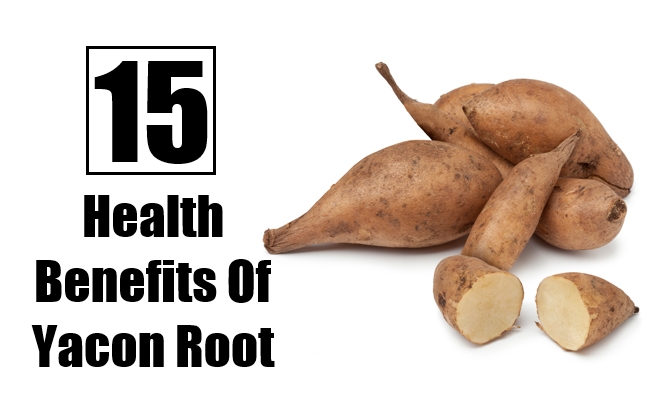Toothache While Pregnant Relief

Experiencing a toothache during pregnancy can be particularly challenging, given the limitations on the medications and treatments that are considered safe for both the mother and the unborn baby. Pregnancy brings about a multitude of changes in the body, some of which can affect dental health. Hormonal fluctuations, for instance, can lead to increased blood flow to the gums, making them more susceptible to swelling and sensitivity. Moreover, morning sickness can lead to acid erosion on the teeth, and changes in eating habits might increase sugar consumption, potentially leading to more cavities. Understanding these risks and knowing how to manage them is crucial for maintaining oral health during this critical period.
Causes of Toothaches During Pregnancy
Toothaches can occur due to several reasons, including but not limited to, cavities, gum disease, tooth decay, cracked teeth, or an abscess. During pregnancy, it’s essential to address these issues promptly to prevent more severe problems. For example, untreated gum disease has been linked to premature birth and low birth weight, highlighting the importance of good oral hygiene and regular dental check-ups.
Safe Relief Options for Toothache During Pregnancy
Given the constraints on medication, it’s vital to explore relief options that are safe for pregnant women. Here are some approaches:
- Salt Water Rinse: Rinsing the mouth with warm salt water several times a day can help reduce swelling and ease pain. Mix 1 teaspoon of salt in 8 ounces of warm water.
- Cold Compress: Applying a cold, damp washcloth to the cheek near the aching tooth can help numb the area and reduce pain.
- Desensitizing Toothpaste: Using a desensitizing toothpaste can help alleviate tooth sensitivity, which might be contributing to the toothache.
- Professional Dental Care: Regular dental check-ups are crucial during pregnancy. Dentists can provide professional cleanings, fill cavities, and offer guidance on maintaining good oral health.
Over-the-Counter Medications and Precautions
While some over-the-counter (OTC) medications can provide temporary relief, it’s essential to use them with caution and consult a healthcare provider before taking any medication during pregnancy.
- Acetaminophen (Tylenol): Generally considered safe during pregnancy for short-term use and in recommended doses, acetaminophen can help relieve pain.
- Ibuprofen (Advil, Motrin): Should be avoided during the third trimester due to potential risks. Its use in the first and second trimesters should be discussed with a healthcare provider.
Dietary Adjustments
Making certain dietary adjustments can help prevent toothaches and support overall oral health:
- Calcium and Vitamin D: Essential for healthy teeth and bones, these nutrients can be found in dairy products, leafy greens, and fortified foods.
- Limit Sugary and Acidic Foods: Reduce consumption of foods that can contribute to tooth decay and erosion.
- Stay Hydrated: Drinking plenty of water can help rinse away bacteria and food particles.
Preventive Care
Prevention is the best approach to managing toothaches during pregnancy. Regular brushing with fluoride toothpaste, flossing once a day, and using an antibacterial mouthwash can help maintain good oral hygiene. Additionally, scheduling dental cleanings and check-ups during the second trimester, when possible, can help identify and address any issues early on.
Conclusion
Managing a toothache during pregnancy requires careful consideration of the treatments and medications used. By understanding the causes, exploring safe relief options, and maintaining good oral hygiene practices, pregnant individuals can help prevent and manage toothaches. Always consult with a healthcare provider or dentist before taking any medication or starting new treatments to ensure the health and safety of both mother and baby.
Is it safe to go to the dentist while pregnant?
+Yes, it is safe and recommended to continue dental care during pregnancy. In fact, the American Dental Association and the American College of Obstetricians and Gynecologists recommend that pregnant women schedule dental check-ups to help prevent oral infections and maintain good oral health.
Which pain relievers are safe for toothaches during pregnancy?
+Acetaminophen is generally considered safe for short-term use during pregnancy. However, it’s crucial to consult with a healthcare provider before taking any medication, including ibuprofen, which should be avoided in the third trimester and used cautiously in the first and second trimesters.
Can toothaches during pregnancy be a sign of an underlying issue?
+Yes, a toothache can be indicative of an underlying dental issue such as a cavity, abscess, or gum disease. Prompt dental evaluation and treatment are essential to prevent complications and ensure the health of both the mother and the baby.



